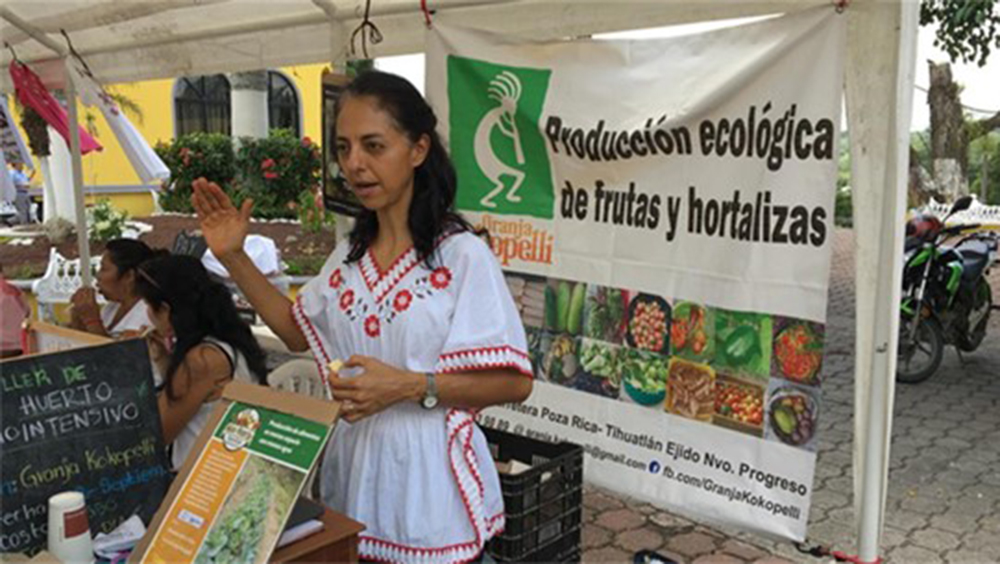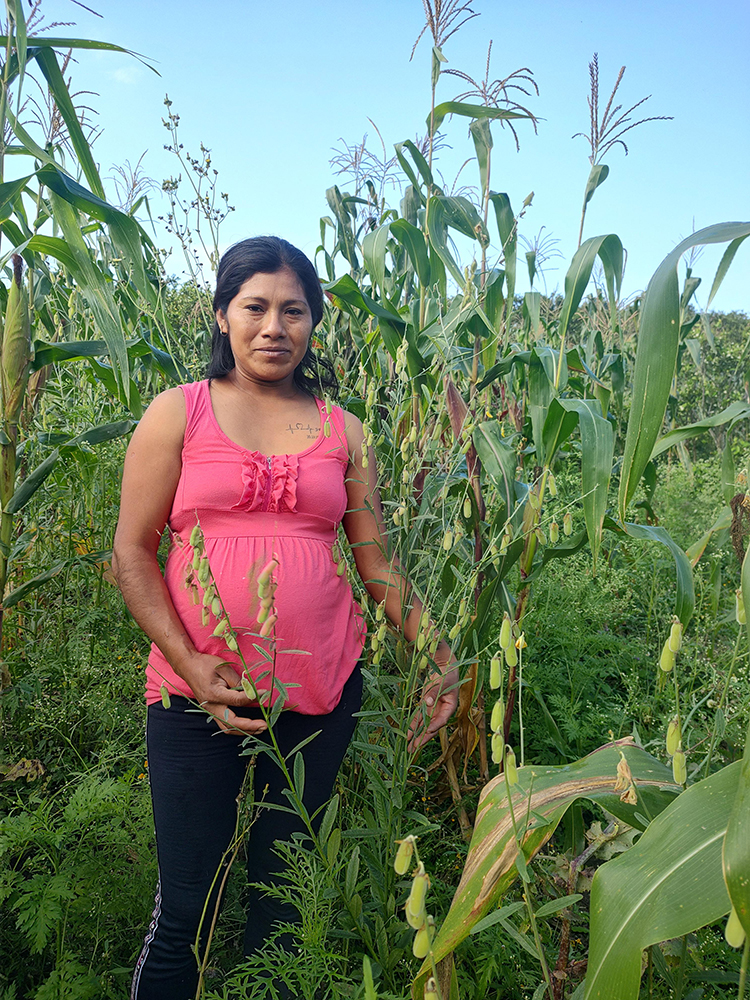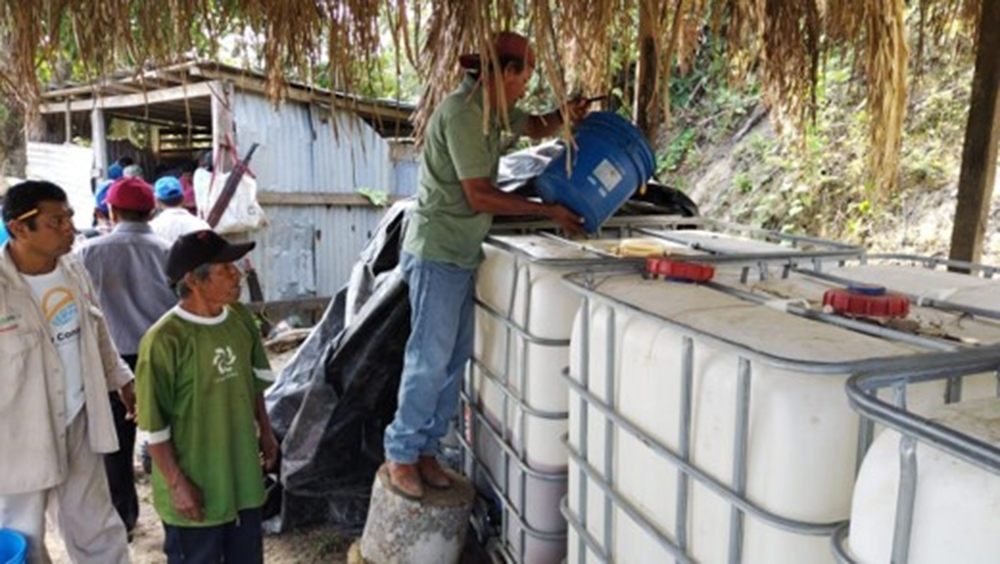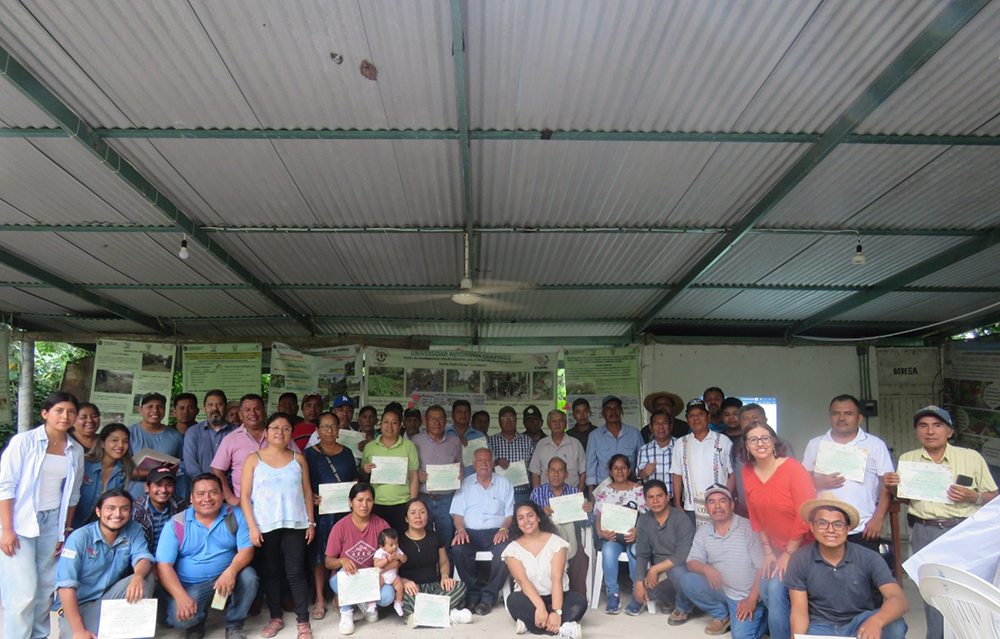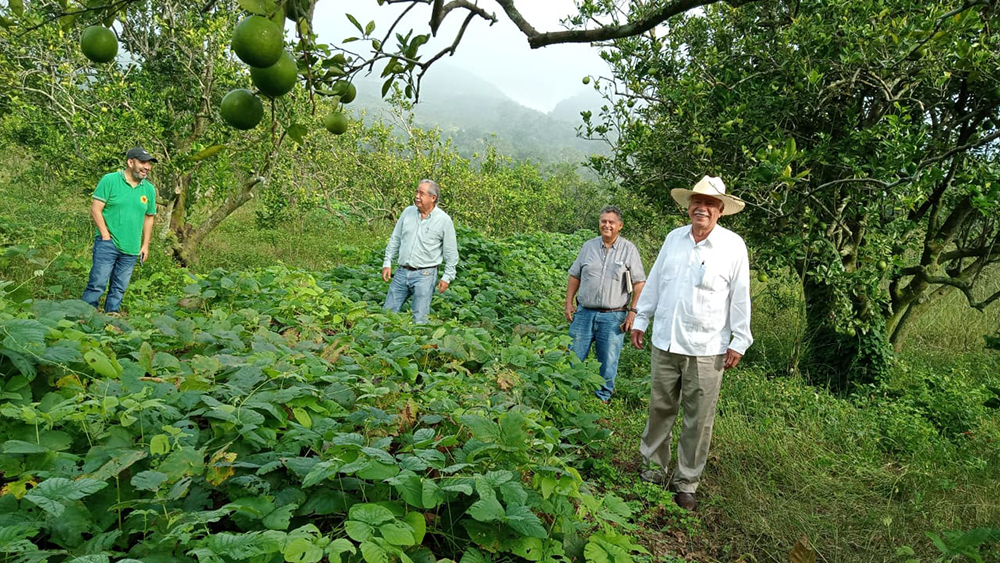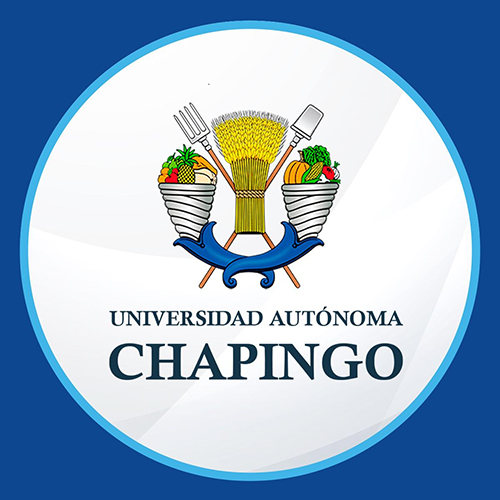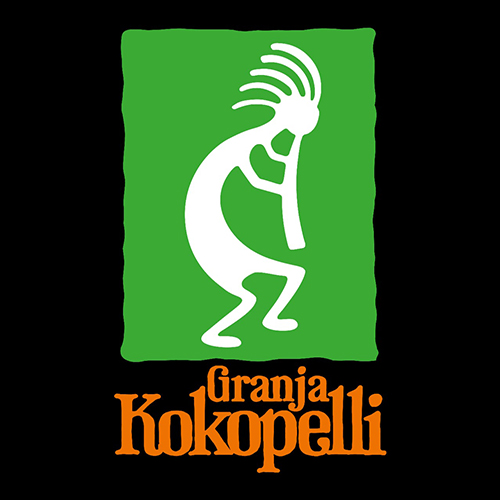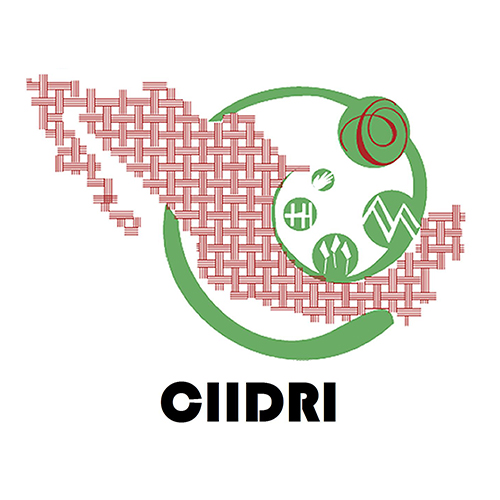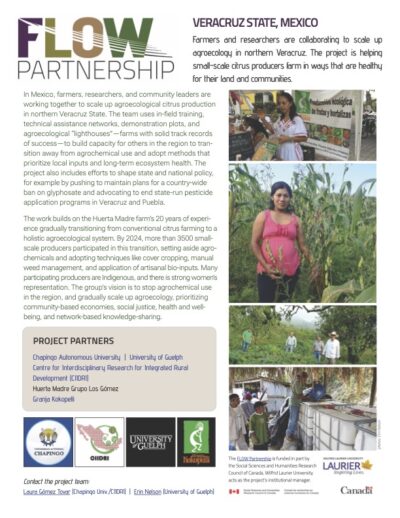Veracruz State, Mexico
Farmers and researchers are collaborating to scale up agroecology in northern Veracruz. The project is helping small-scale citrus producers farm in ways that are healthy for their land and communities. (See this page in Spanish.)
In Mexico, farmers, researchers, and community leaders are working together to scale up agroecological citrus production in northern Veracruz State. The team uses in-field training, technical assistance networks, demonstration plots, and agroecological “lighthouses”—farms with solid track records of success—to build capacity for others in the region to transition away from agrochemical use and adopt methods that prioritize local inputs and long-term ecosystem health. The project also includes efforts to shape state and national policy, for example by pushing to maintain plans for a country-wide ban on glyphosate and advocating to end state-run pesticide application programs in Veracruz and Puebla.
The work builds on the Huerta Madre farm’s 20 years of experience gradually transitioning from conventional citrus farming to a holistic agroecological system. By 2024, more than 3500 small-scale producers participated in this transition, setting aside agrochemicals and adopting techniques like cover cropping, manual weed management, and application of artisanal bio-inputs. Many participating producers are Indigenous, and there is strong women’s representation. The group’s vision is to stop agrochemical use in the region, and gradually scale up agroecology, prioritizing community-based economies, social justice, health and well-being, and network-based knowledge-sharing.

